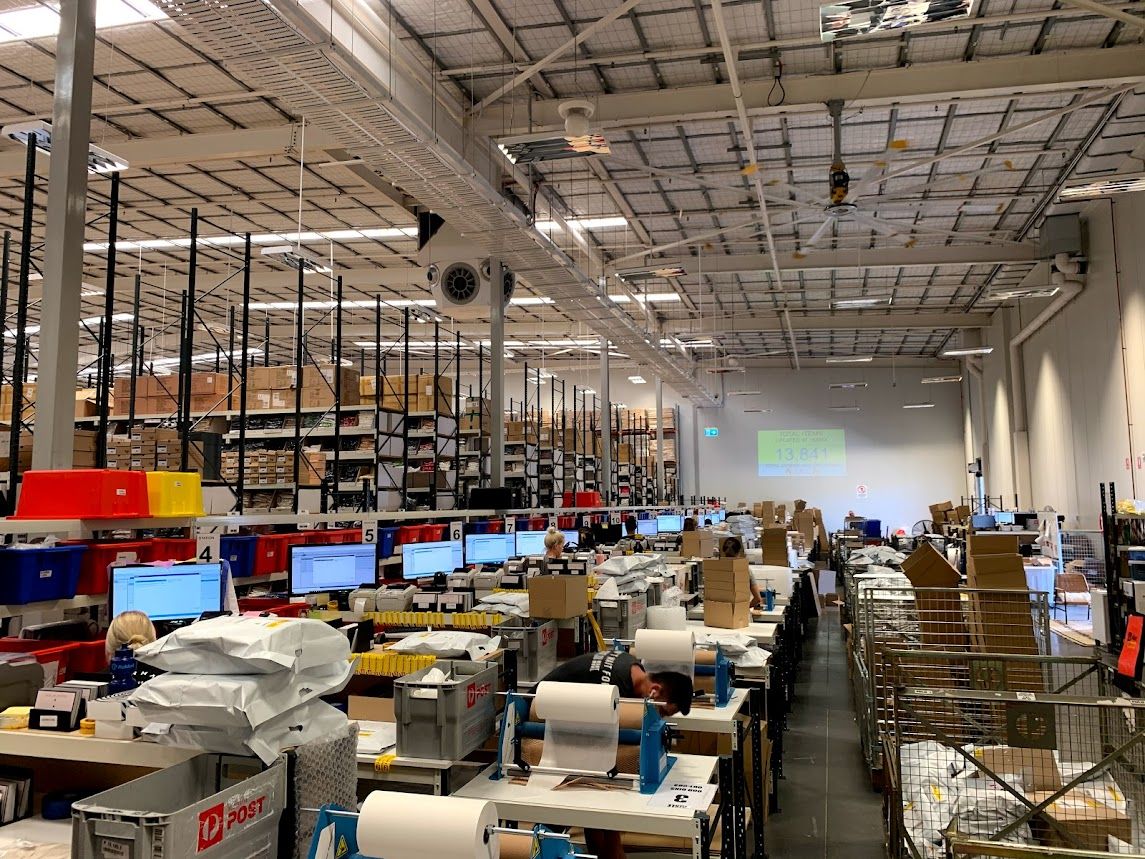Anyone who said they were aiming for a fully automated warehouse did nothing.

I sold warehouse management systems to e-commerce companies for ten years.
I never once lost to automation; anyone who said automation was the goal did nothing.
I lost many projects to 3PL. It was a foolish move because the brands outsourced versus their operating cost without a WMS.
Instead, it would help if you realised the cost-saving of a WMS first and then used a lower operating cost to benchmark your 3PL. I remember Surfdome did this with Norbert Denstressangle (Now XPO).
The companies that made no decision or did nothing often did so because their Head of Ops had dreams of automation.
The reality with automation has been that for many high-growth brands, the automation companies have lacked one of these critical criteria that makes it a safe bet:
1. A reference of a similar brand doing similar volumes or more that they could go and visit.
2. They had the hardware but lacked the software execution and expected the brand to have a tech team. Most do not.
3. Ability to scale up and scale down to cope with peaks in demand.
When I hear about brands that have failed to execute far more simple tech projects pursuing automation, I worry about them. If you don't have tech as a core competency, then automation isn't going to fix that.
On the flip side, companies like Respiro execute automation on a smaller scale for their 3PL. Still, again, these providers aren't yet global and having local support is vital for automation.
Lots of the brands I know that never did anything said no to WMS because automation was the plan. I can think of one brand that still hand-signs the packing list despite being £500M plus - I know it's not being hand-signed for fun 😉
